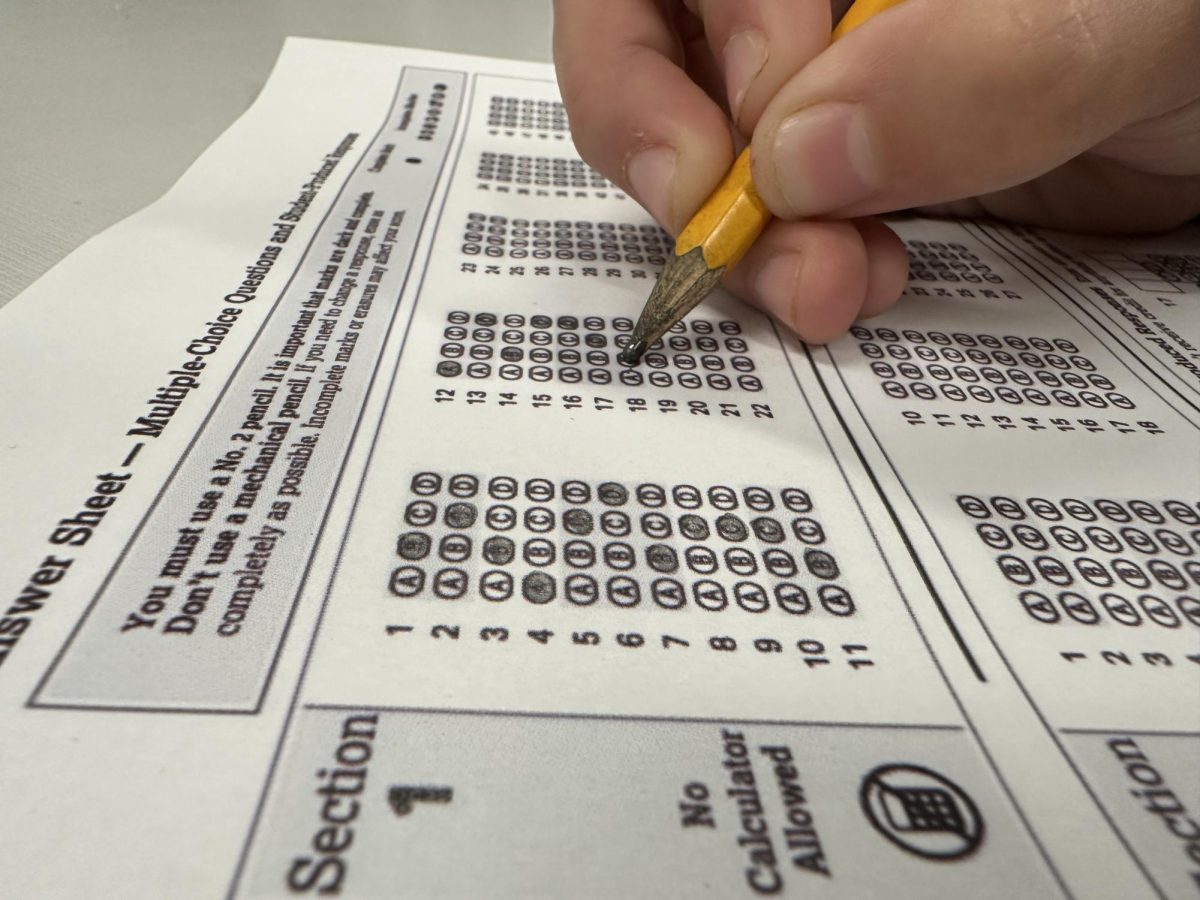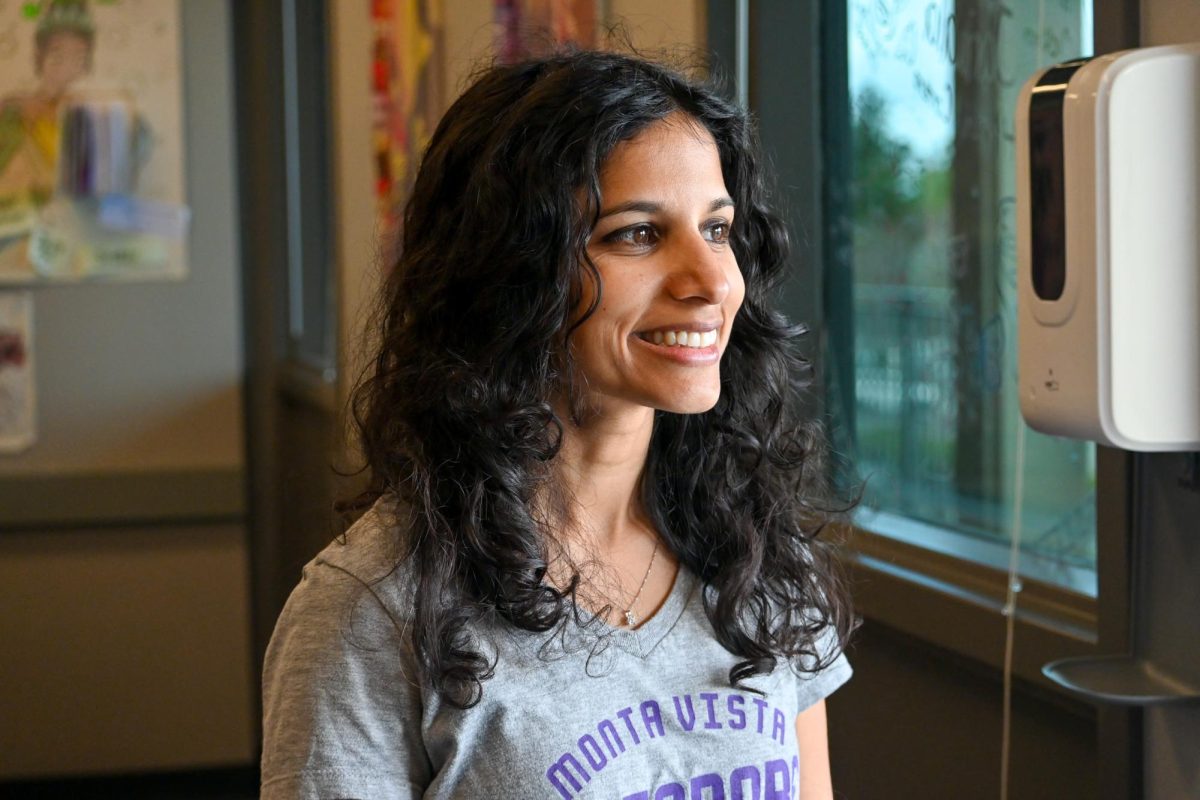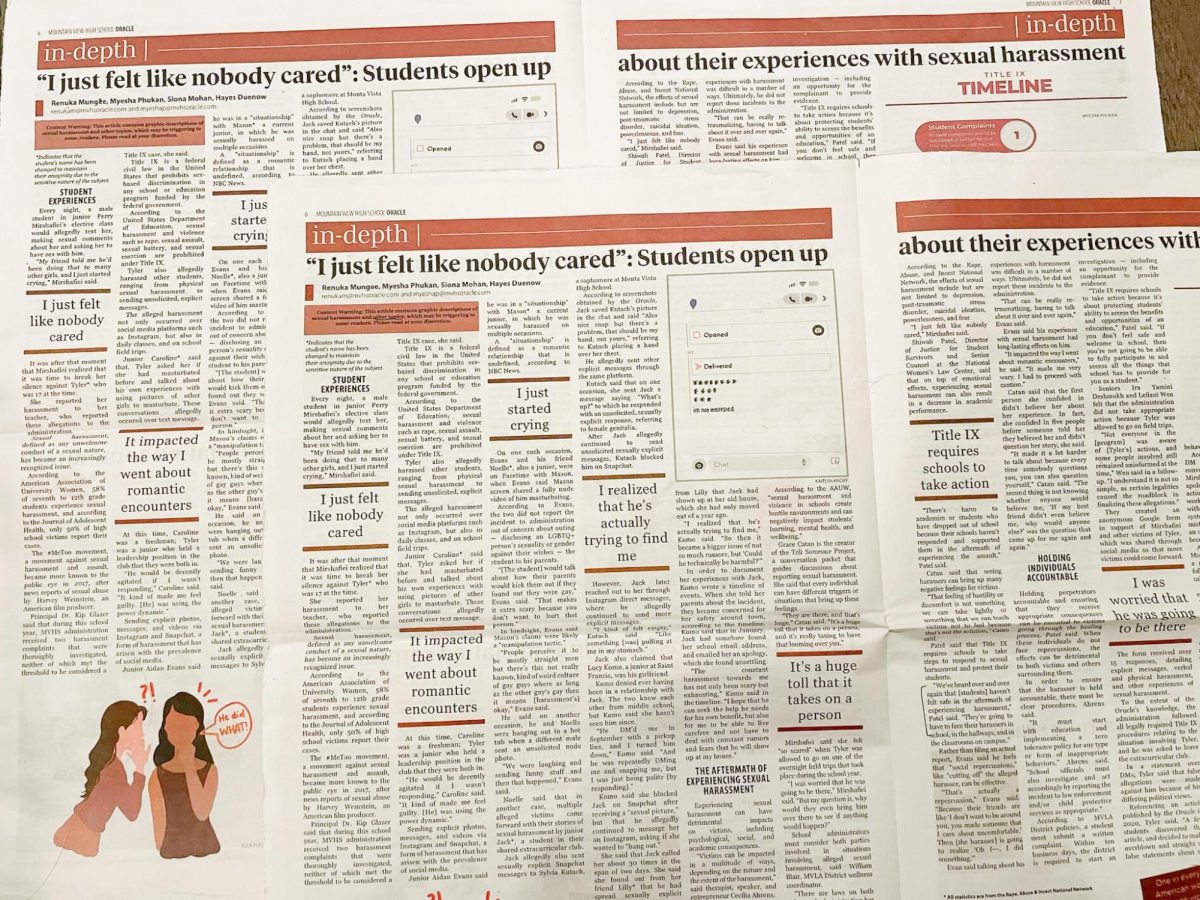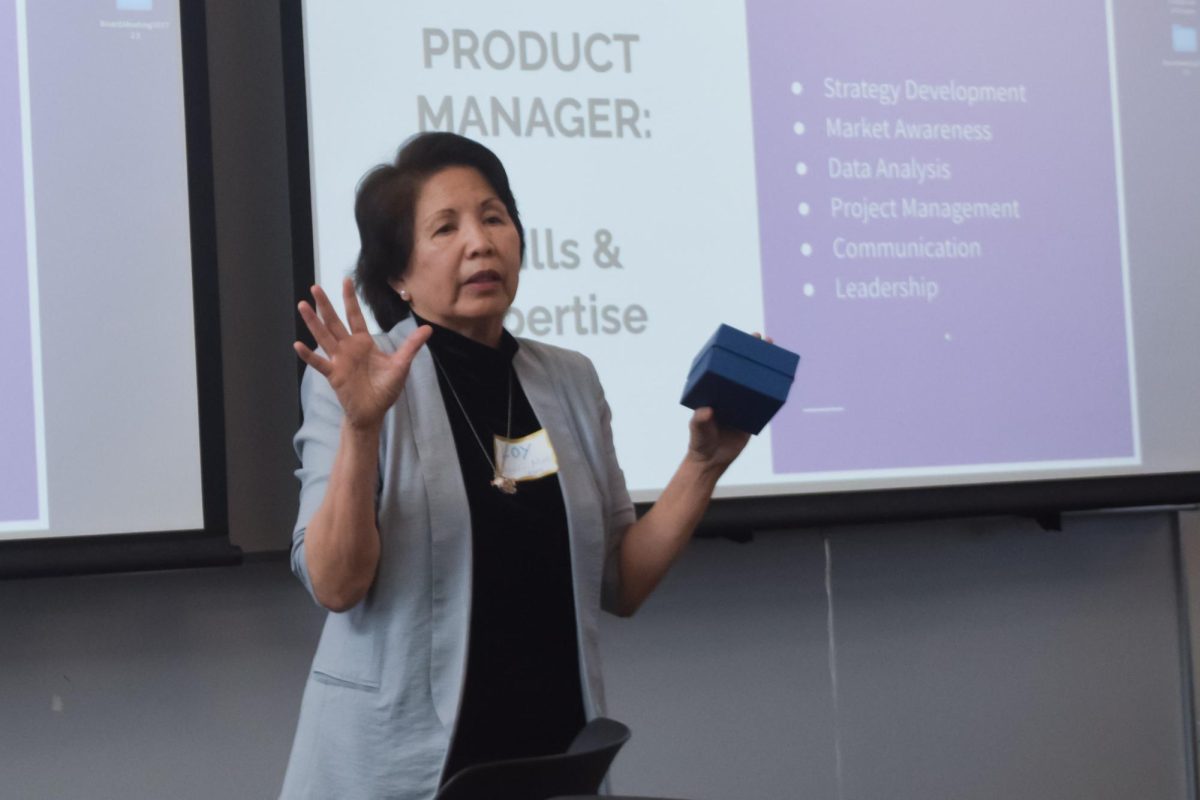Co-authored by Amita Mahajan
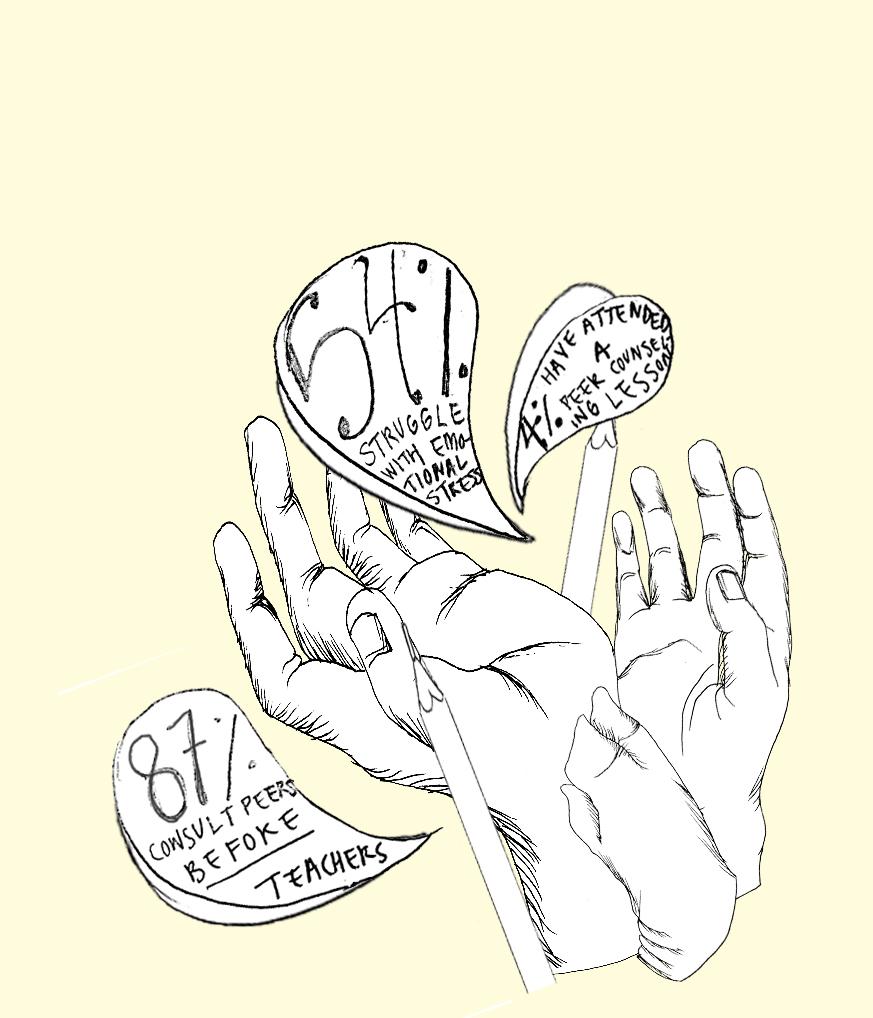
These are the stories of Biology club, Honors American Literature writing coaches and Peer Counseling.
Writing it offline
Writing coaches are new to Honors American Literature classes this year. Former students are the tutors, each taking on about 10 students to give preliminary feedback on drafts before going too far into an essay with apparent problems. The resulting paper has a greater variety of perspectives.
“[The coach’s] feedback is as valuable as the teacher’s,” junior Mohini Banerjee said. “They were past [Honors American Literature] students, so they’re aware of the expectations.”
Though the coaches offer valuable peer help, students want more. According to writing coach senior Jasmine Zhang, the online feedback often inhibits the coaches to help to the best of their abilities.
“Sometimes when I write a comment, I feel like it comes out too harsh,” Zhang said. “I could explain a little more [with offline meetings].”
A solution is on its way. English teacher Mark Carpenter plans to implement student-coach sessions soon, increasing opportunities for further improvement.
“There is a really good side to feeling a little more free,” Carpenter said. “[Students] can be experimental without the fear of harming their grade.”
Dissecting the benefits
As teacher assistants for a freshman Biology class last year, seniors Ashley Chien and Kinnari Shah noted many struggling students hestitant to seek help. Fear and embarrassment contributed greatly, according to Shah. Hence, Biology Club was founded, holding tutor sessions between former and current Biology students during lunch.
“I was really scared to talk to someone about my grades and what I was lacking in,” sophomore Varsha Sateesh said, remembering her time in Biology last year. “My grades were pretty bad, and I didn’t want anyone to know about it.”
Since she joined the club, her understanding deepened. Her tutor further clarified material from the fast-paced lessons in class.
Sateesh now joins the group of tutors, who outnumber tutees in most meetings, despite the Biology teachers’ reccomendations. However, an influx of students come in for practice quizzes and study guides before tests, disappearing once more until the day before the next test. Chien and Shah face personal challenges as well. Both students were hesitant to dissect a pig, yet they pushed through for Biology Club.
“So that was one thing that we learned,” Chien said. “How to cut up a pig.”
Supporting students
Academic stress may be alleviated by tutors, but emotional strain is often unaccounted for. Peer Counseling club provides support from fellow classmates, who undergo special training to become a student counselor.
“We’re not so much counseling as our name suggests,” said Peer Counseling president senior Candice Liou. “We’re more of a student support [group]. The student counselors [do] not act like they’re above the students that they’re counseling.”
The main benefit of Peer Counseling stems from its comfortability, according to Liou. Peers can be easier to open up to than adults. In a survey of 313 students, 81 percent stated that, as they prefer to confide in peers than adults.
“The people who want to help others are oftentimes people who suffered themselves,” Liou said. “They know how it feels and want to help others who potentially went through the same [experiences].”
This tendency is reflected throughout the club’s existence. Liou recalls a club-wide sleepover a few years back. At one point the members began a game revealing facts about themselves. The simple game took an emotional spin, as the feeling of security presided over the supportive peers. Stories were told, tears spilled and camaraderie strengthened.
“I remember [one] girl. She revealed something really personal regarding abuse when she was younger,” Liou said. “Everyone was taken aback and we all started crying for her, comforting her. It was one of the most raw experiences I’ve ever had.”
















